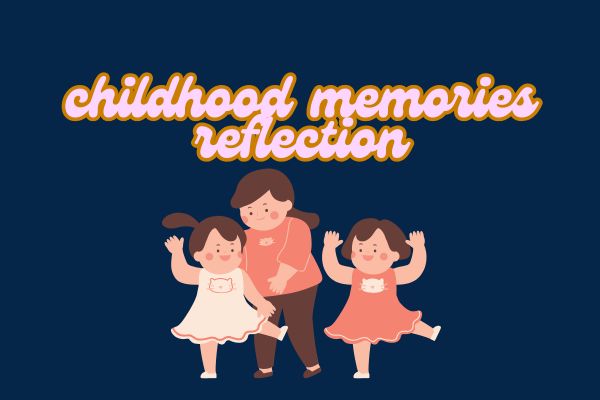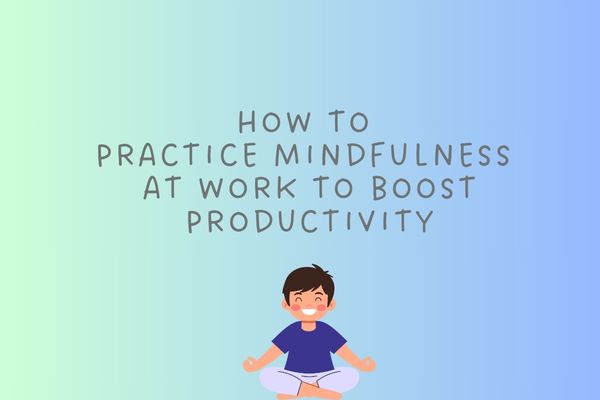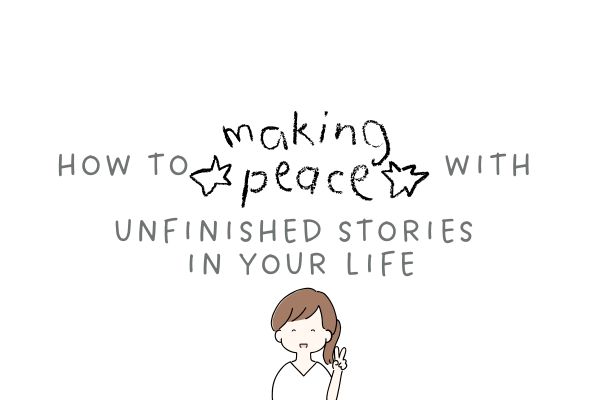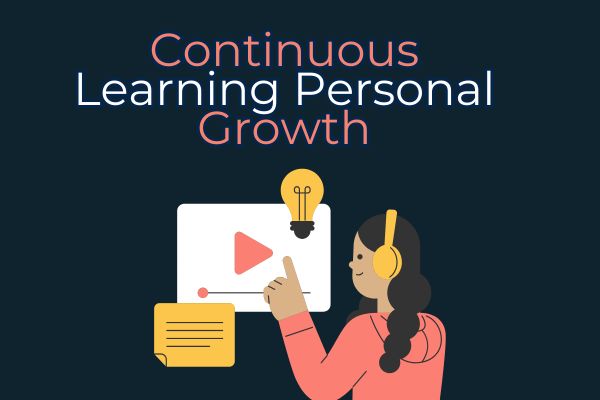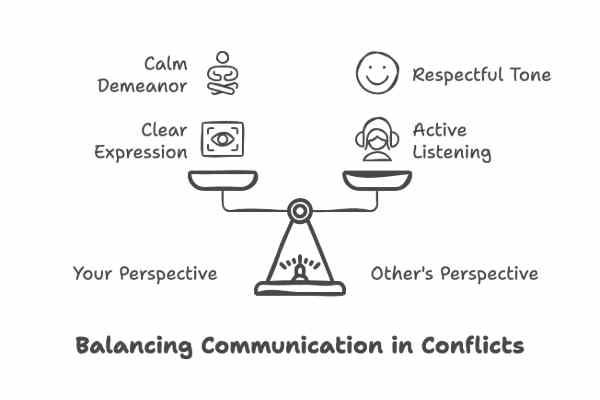Childhood memories often reside in the recesses of our minds, tucked away like treasures in an attic. These fragments of the past—some vivid, others hazy—shape our perceptions, behaviors, and identities in ways we may not always realize. Reflecting on these memories can be a profound exercise, offering valuable insights into who we are and why we act the way we do. This exploration not only fosters personal growth but can also enhance our understanding of relationships, creativity, and resilience.
The Importance of Childhood Memories
Childhood memories play a pivotal role in shaping our personalities and emotional landscapes. The experiences we have during our formative years lay the groundwork for our worldview and decision-making patterns. Whether joyful, painful, or neutral, these memories act as a bridge connecting our past to our present, influencing our thoughts, feelings, and actions.
Emotional Blueprint
Early memories often set the stage for our emotional responses. For instance, a child who experienced consistent encouragement may grow up with a strong sense of self-confidence, while one who faced frequent criticism might struggle with self-doubt. Reflecting on these memories allows us to identify patterns in our emotional responses, offering opportunities to reframe or heal past wounds.
Behavioral Patterns
Many of our habits and behaviors can be traced back to childhood. For example, a preference for solitude might stem from being an only child, while a tendency to seek validation could originate from a competitive sibling dynamic. By examining these memories, we can better understand the root causes of our behaviors and make conscious choices to adapt or change.
How to Reflect on Childhood Memories
Reflecting on childhood memories requires intention and a safe mental space. Here are some strategies to delve into your past effectively:
Journaling
Writing about your memories in a journal can be a cathartic and revealing process. Start with a specific memory and describe it in detail—the sights, sounds, smells, and emotions associated with it. This practice helps to bring clarity and often unearths connections to present-day emotions or behaviors.
Talking to Family or Friends
Engaging in conversations with family members or childhood friends can provide different perspectives on shared experiences. Their recollections might fill in gaps or offer new interpretations, enriching your understanding of the memory.
Meditation and Visualization
Meditation and guided visualization exercises can help access buried memories. By creating a calm and focused mental environment, you may uncover details or experiences that have long been forgotten.
Reviewing Old Photos or Mementos
Objects like photographs, letters, or childhood toys can act as powerful triggers, bringing dormant memories to the surface. As you revisit these items, take note of the emotions and thoughts they evoke.
Insights Gained from Reflecting on Childhood Memories
Exploring childhood memories can yield a wealth of insights, impacting various aspects of life.
Understanding Core Beliefs
Many of our core beliefs—about ourselves, others, and the world—originate in childhood. Reflecting on these beliefs helps to distinguish those that serve us from those that limit our potential. For example, a belief that “I must always please others to be loved” might stem from a childhood need for approval but could lead to burnout in adulthood.
Healing Emotional Wounds
Unresolved childhood traumas can manifest as emotional triggers or unhealthy coping mechanisms. By revisiting these painful memories in a supportive environment, it’s possible to process and heal, paving the way for emotional freedom and resilience.
Rekindling Joy and Creativity
Positive childhood memories, such as playing games, drawing, or exploring nature, can reignite a sense of wonder and creativity. Revisiting these moments reminds us of the pure joy and curiosity we may have lost in the hustle of adulthood.
Strengthening Relationships
Reflecting on childhood experiences can improve our relationships. Understanding how our upbringing shaped our communication styles, attachment patterns, and conflict-resolution strategies can lead to healthier interactions with loved ones.
Case Studies
Sarah’s Journey to Self-Acceptance
Sarah, a successful entrepreneur, often felt an inexplicable need to overachieve. Reflecting on her childhood revealed a deep-seated fear of failure rooted in her parents’ high expectations. By revisiting and reframing these memories, Sarah learned to celebrate her accomplishments without tying them to her self-worth.
John’s Healing Path
John struggled with anger issues that strained his relationships. Through therapy and reflective journaling, he traced his anger to a childhood marked by neglect. Understanding this connection allowed John to forgive his parents, heal his inner child, and develop healthier emotional responses.
Rekindling Emma’s Creativity
Emma, a mid-career professional, felt stuck in her job. Reflecting on her childhood passion for painting, she realized she had suppressed her creative side. Reconnecting with this passion brought Emma a renewed sense of purpose and balance in her life.
Also check: How to Turn Regrets into Valuable Life Lessons
The Role of Therapy and Support
While self-reflection is valuable, some memories may be too painful or complex to navigate alone. Seeking professional help from therapists or counselors can provide a structured and supportive environment to process these experiences. Therapies like Cognitive Behavioral Therapy (CBT), Eye Movement Desensitization and Reprocessing (EMDR), and Inner Child Work are particularly effective in addressing childhood memories.
Practical Applications of Insights
Personal Growth
Insights from childhood memories can fuel personal growth by helping us break free from limiting beliefs and patterns. For instance, recognizing a tendency to avoid risks due to childhood fears can inspire efforts to cultivate courage and embrace new opportunities.
Career Development
Understanding the origins of your strengths and weaknesses can guide career decisions. A childhood love for storytelling might inspire a career in writing, while early experiences of teamwork could lead to a passion for collaboration.
Parenting
Reflecting on your childhood can make you a more empathetic and effective parent. By identifying what you valued or lacked as a child, you can make conscious choices about how to support and nurture your own children.
Challenges of Reflecting on Childhood Memories
While reflecting on childhood memories is often rewarding, it can also be challenging. Memories may be incomplete, distorted, or emotionally overwhelming. Here are some tips to navigate these challenges:
Patience
Memory retrieval is a gradual process. Be patient with yourself and allow memories to surface naturally over time.
Seeking Support
Share your reflections with trusted friends, family, or professionals to gain new perspectives and emotional support.
Avoiding Overanalysis
While it’s important to reflect, avoid overanalyzing every detail. Focus on overarching patterns and lessons rather than becoming bogged down by specifics.
Conclusion
Reflecting on childhood memories is a powerful tool for unlocking insights into our emotions, behaviors, and beliefs. By revisiting the past with curiosity and compassion, we can gain a deeper understanding of ourselves, heal old wounds, and pave the way for personal and relational growth. Whether through journaling, therapy, or conversations, taking the time to explore these memories can transform the way we live and interact with the world.
